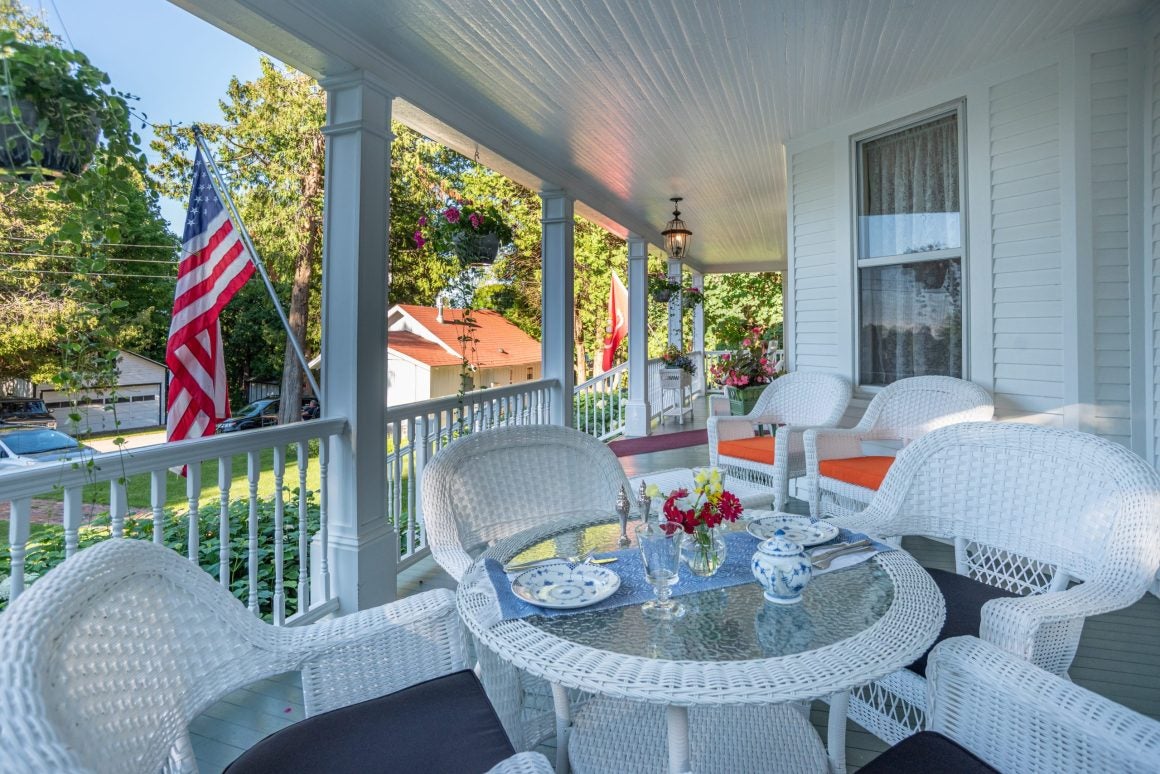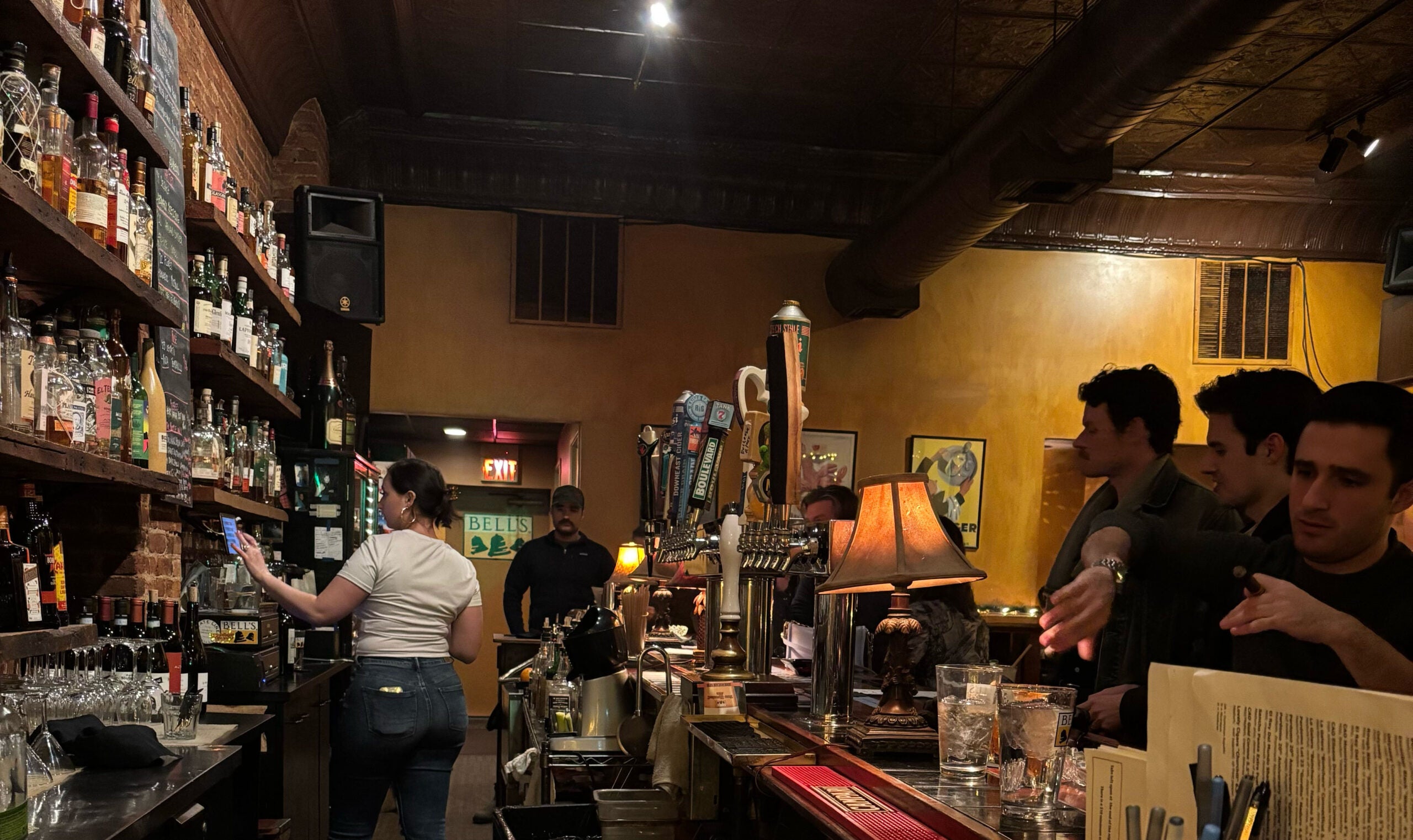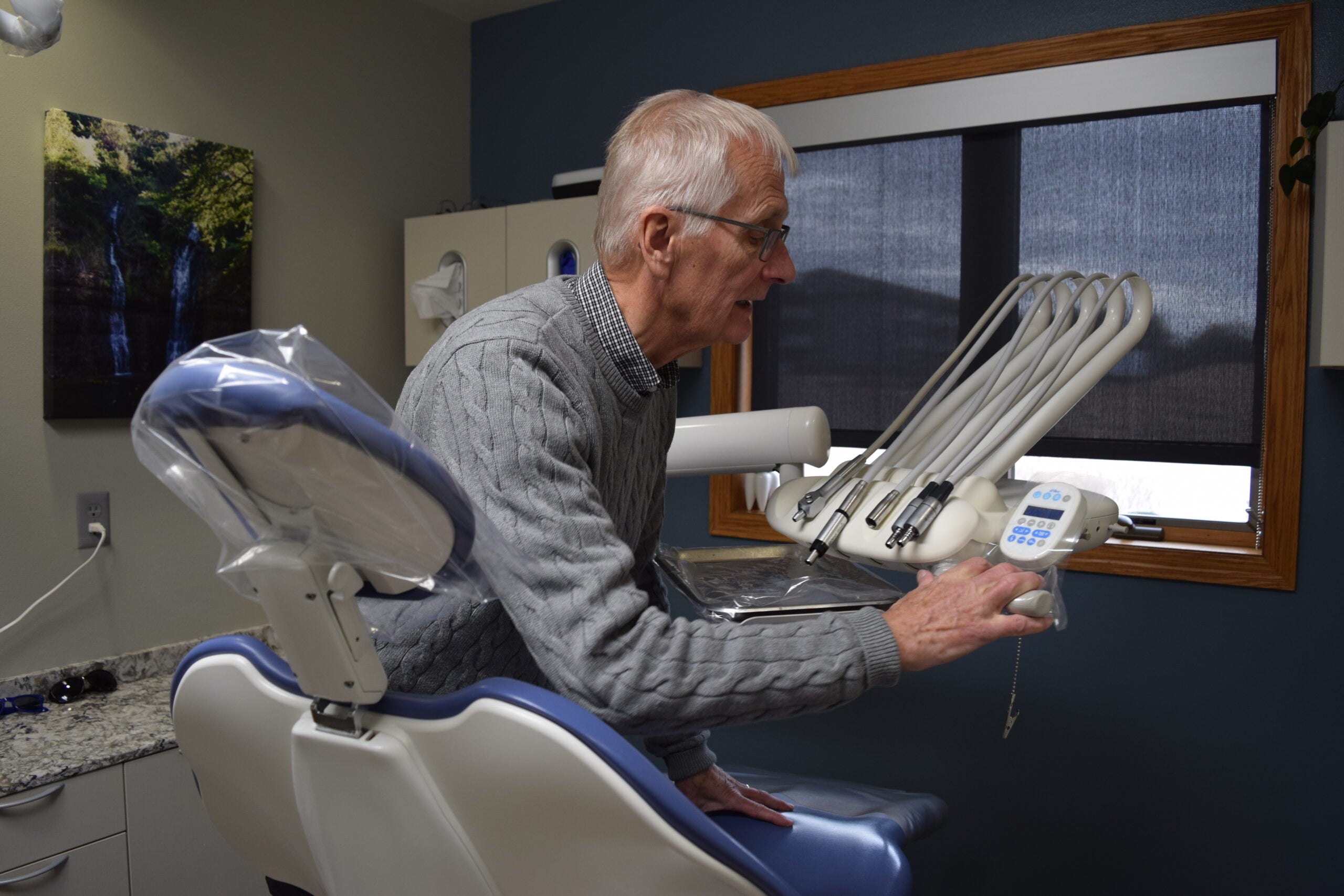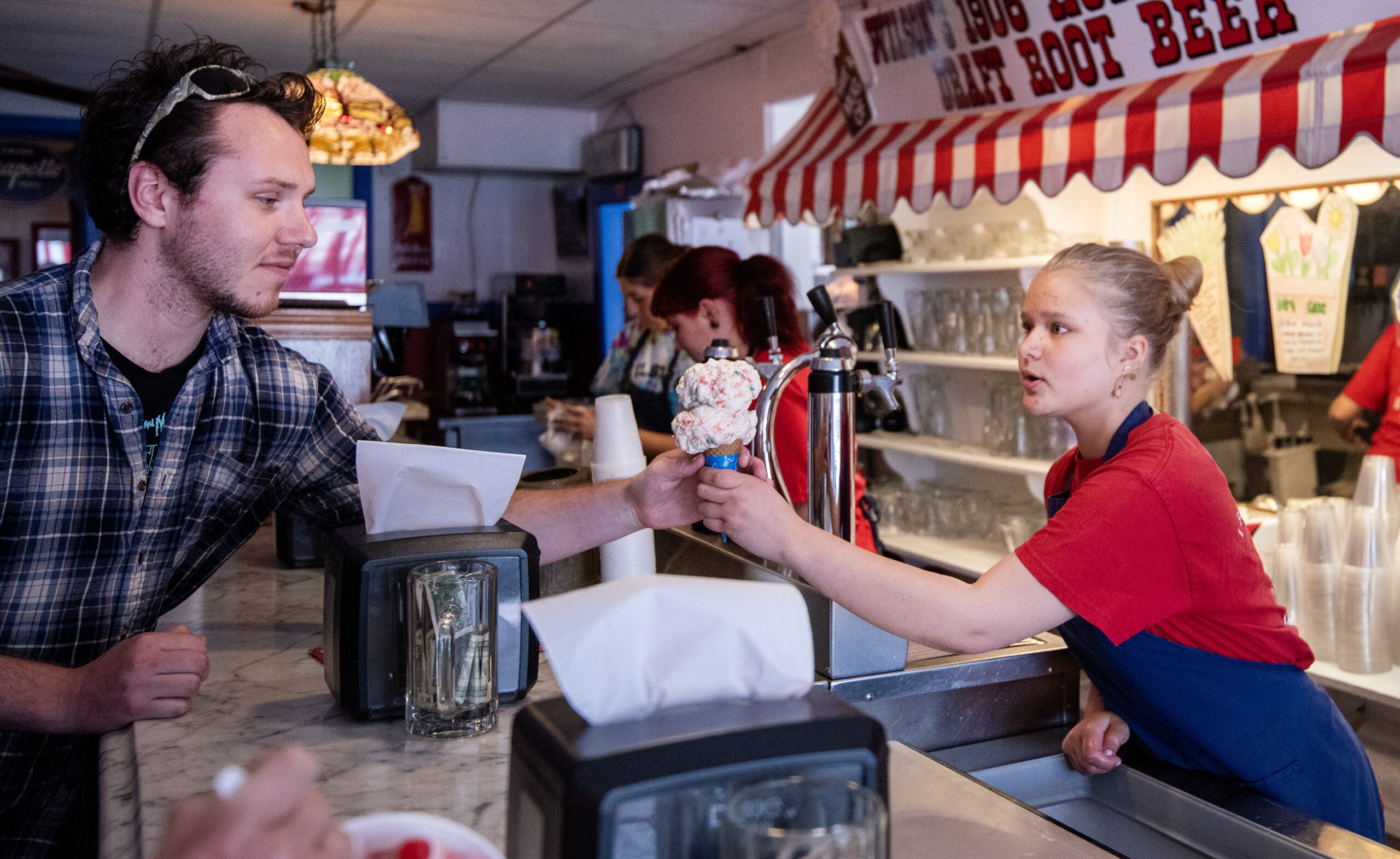Canceled family vacations, halted business travel and an overall desire to stay home last year to avoid the risks posed by COVID-19 left many hotels and lodges vacant and cash drawers empty.
In frantic attempts to make ends meet, some hoteliers and lodge owners imposed pay cuts on their employees. Others laid off staff, according to the American Hotel & Lodging Association.
Many hotels are still trying to figure out ways to stay afloat. But those who have seen business rebound are facing down another industry-wide challenge: finding workers to fill the jobs that are available again.
News with a little more humanity
WPR’s “Wisconsin Today” newsletter keeps you connected to the state you love without feeling overwhelmed. No paywall. No agenda. No corporate filter.
“With the situation we were thrust into and having to lay off folks, a lot of our workforce has moved on to other industries now, and they’ve been gainfully employed there,” said Bill Elliott, president and CEO of the Wisconsin Hotel and Lodging Association. “So, for a lot of us, we’re just starting over.”
In Wisconsin, 18,168 jobs directly related to the hotel industry were lost because of the pandemic, the national association reported. Elliott said nearly all lodging operators around the state who he’s conversed with say they’re facing vacancies around 25 to 35 percent.
“While hiring wasn’t easy prior to the pandemic, it was nothing like this,” he said.
Matt Ranzau said staffing is the No. 1 challenge at his business, Thorp House Inn & Cottages in Fish Creek, in the Door County region.
“We’ve seen a lot of workers coming and going,” he said.
Part of the problem is a lack of affordable housing.
“As a business owner, I’m thinking of ways of being more creative,” he said. “Wages have gone up. I’m considering actually renting an apartment myself and subsidizing it to an employee. You just have to start thinking outside the box right now.”
There’s a fraction of hope among lodging property operators that the end of the enhanced unemployment benefits on Sept. 6 that were approved through the American Rescue Plan will result in more people applying to fill these openings. But Elliott said no one is looking to that as a cure-all for the industry’s challenges.
“There are a lot of factors at play, from people feeling safe to child care — those types of things that we need to fix to get folks back working again,” he said.
Pandemic Woes Continue
Elliott said in leisure destinations around the state — in places like Door County, Wisconsin Dells and the Northwoods — business is improving and some hotels and lodges are reporting high turnouts and a lucrative summer.
But for many hotels and lodges across the state, the immediate focus is on finding ways to increase business and just keep the doors open. This year, so far, is “better,” Elliott said.
“But being better off than last year does not necessarily mean much, depending on what corner of the state you’re in and what market you’re serving,” he said.
In fact, Wisconsin association projections show that the occupancy and revenue numbers seen in 2019 won’t be met again until about 2024.
A return of large groups and business travel will certainly help, Elliott said, noting that across the U.S., 53 percent of hotel revenue comes from business travel.
“So we have a long ways ahead of us to get that back,” he said.
Also providing some relief is the $70 million in grants that Gov. Tony Evers’ administration distributed to nearly 900 hotels to help offset the loss of revenue that many experienced during the pandemic.
“It couldn’t have come at a better time for many of them,” Elliott said of the funding. “It’s kind of like the news. You can’t buy yesterday’s newspaper; you can’t fill yesterday’s empty hotel room. We’ve been running on empty for quite a long time in a lot of areas and a lot of hotel owners have spent their life savings trying to keep their doors open.”
Wisconsin Public Radio, © Copyright 2026, Board of Regents of the University of Wisconsin System and Wisconsin Educational Communications Board.







